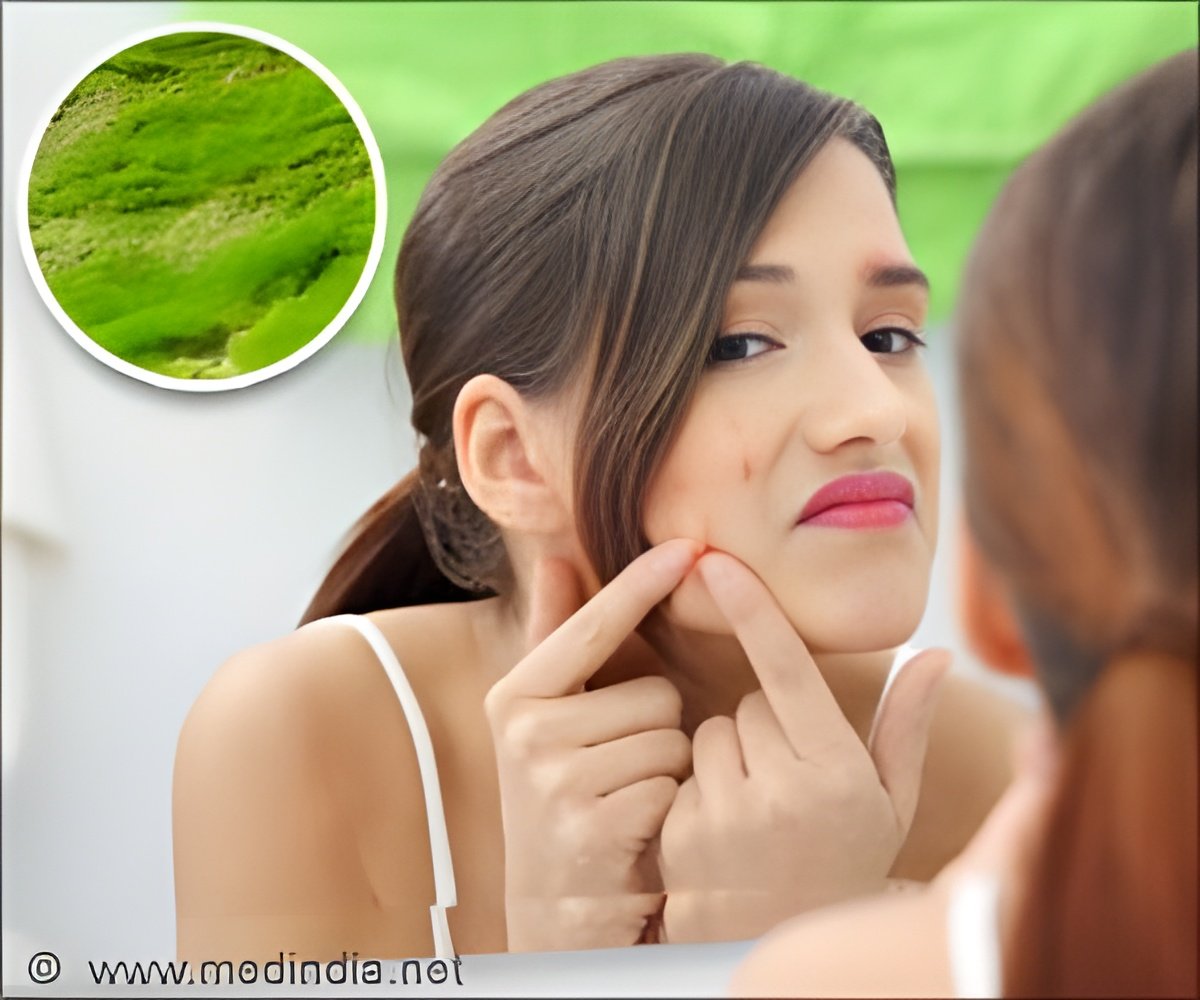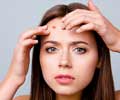
‘Understanding, identifying, and reducing the impact of exposome is essential for adequate acne disease management as it may impact on the course and severity of acne as well as on treatment efficacy.’
Read More..Tweet it Now
The results of the study showed that significantly more (P<0.001) individuals with acne (48.2%) consume dairy products on a daily basis compared to individuals who did not (38.8%). The difference was also statistically significant (all p<0.001) for soda juices or syrups (35.6% vs. 31%), pastries and chocolate (37% vs. 27.8%), and sweets (29.7%vs 19.1%). Surprisingly 11% of acne sufferers consume whey proteins versus 7% without acne, and 11.9% of acne sufferers consume anabolic steroids versus 3.2% without acne.Read More..
Commenting on the findings, lead researcher Professor Brigitte Dréno conducting the research on behalf of Vichy Laboratories states: "Acne is one of the most common reasons why people with skin issues contact a dermatologist. Its severity and response to treatment may be influenced by internal and external factors, which we call the exposome. For the first time, this study allows us to identify the most important exposome factors relating to acne from patient questioning prior to any treatment prescription." Exposure to pollution or stress was also more frequently observed in participants with acne compared to control participants. The research also found that harsh skincare practices were more common in acne sufferers.
Conversely, tobacco, which has previously been showed as a potential acne trigger, was not shown to have an influence. Acne is estimated to affect one in 10 people globally, making it the eighth-most prevalent disease worldwide. It has been recently reported that acne also affects up to 40% of adult females. Due to its visible nature, acne has a significant psychological impact on the patient's quality of life and self-esteem. Sufferers have been shown to have higher levels of anxiety than the general population, feel socially isolated and have a lower chance of being selected for employment.
Looking to the future, Professor Dréno adds, "Understanding, identifying and reducing the impact of exposome is important for an adequate acne disease management as it may impact on the course and severity of acne as well as on treatment efficacy."
Source-Eurekalert















